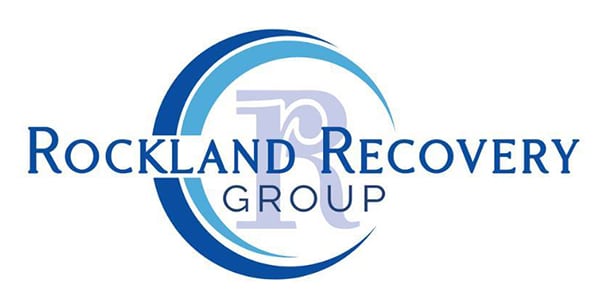An important decision when entering addiction treatment is whether inpatient or outpatient rehab is best for your needs. The choice often comes down to where an individual is on their recovery journey and the level of support needed. Both inpatient and outpatient rehab offer benefits and feature an individualized approach to addiction treatment.
What Are the Differences Between Inpatient and Outpatient Rehab?
The main difference between inpatient and outpatient rehab is that inpatient treatment is a full residential treatment. In contrast, outpatient programs can range from full-day or partial-day programs to weekly sessions for ongoing support.
The types of addiction recovery therapies can apply to inpatient and outpatient programs. During inpatient treatment, therapies may be more intensive in helping the individual overcome the early challenges of recovery.
Outpatient treatment can also be intensive, but individuals in these programs are often at a later stage in their recovery and are working on different aspects of healing.
When comparing rehab programs, both inpatient and outpatient have advantages and elements that may make them better suited for an individual’s recovery needs.
Inpatient Rehab Benefits
Inpatient rehab programs offer a highly supportive and controlled environment for the most challenging stages of addiction recovery. Most often, individuals will admit themselves into an inpatient rehab program, which typically begins with a period of detox and withdrawal.
Medically supervised detox is a key benefit of inpatient treatment. Drug detox is physically and mentally challenging. It can be a dangerous process if not done in a controlled setting where medical and mental health professionals are available to help as needed.
Inpatient treatment requires a high level of commitment, and individuals are limited in the amount of contact they can have with family and friends during their stay. Some inpatient treatment facilities have a more medical or hospital feel, while others promote themselves as high-end or luxurious, promoting more of a spa-like atmosphere.
Benefits of choosing inpatient rehab include:
- Medically supervised detox
- 24-hour support
- Highly structured schedule
- High success rate
- Community feel
- Interaction with peers
- Targeted focus on addiction recovery
Outpatient Rehab Advantages
Outpatient rehab programs offer a broad range of care depending on the person’s needs. For those needing a higher level of structure and support, partial hospitalization and intensive outpatient programs meet these needs while offering more flexibility and control in how addiction treatment fits into one’s life.
On the opposite end of the spectrum are programs that require a higher level of personal accountability with less reliance on continual structure and support. Traditional outpatient treatment, including individual and group therapy that is attended once or twice a week, is an example of this.
Ideally, outpatient rehab allows the individual to become more independent in their recovery stages. When entering an outpatient program, an assessment is performed to determine what treatments are best suited for the individual’s current needs.
Benefits of outpatient rehab include:
- Flexibility and control
- Ability to maintain work and life obligations while in treatment
- Lower costs compared to inpatient treatment
- Family members are encouraged to participate in family therapy
- Privacy – it may be easier to keep addiction recovery private with outpatient rehab
- Individualized treatment programs
Finding the Best Type of Rehab for Addiction
How do you know if inpatient or outpatient drug rehab is the right choice for you or your loved one? There are many different factors to consider, but the first important step is to reach out to an addiction recovery center to help you better understand the options. If detox is needed, the journey should begin in an inpatient treatment center, but the journey from there looks different for everyone.
In addition to contacting an addiction treatment center in Massachusetts, like Rockland Recovery, we encourage you to contact the Substance Abuse and Mental Health Services Administration (SAMHSA).
The SAMHSA website has several valuable sources for those struggling with addiction or mental health and their families. SAMHSA also offers a 24-hour National Helpline that can be reached at 1-800-662-HELP (4357).
Begin Your Recovery Journey Today
At Rockland Recovery, our experienced and compassionate staff can answer your questions, offer an assessment, and help you understand the addiction treatment options best suited for your current situation. Contact Rockland Recovery today at 888-299-4833.




